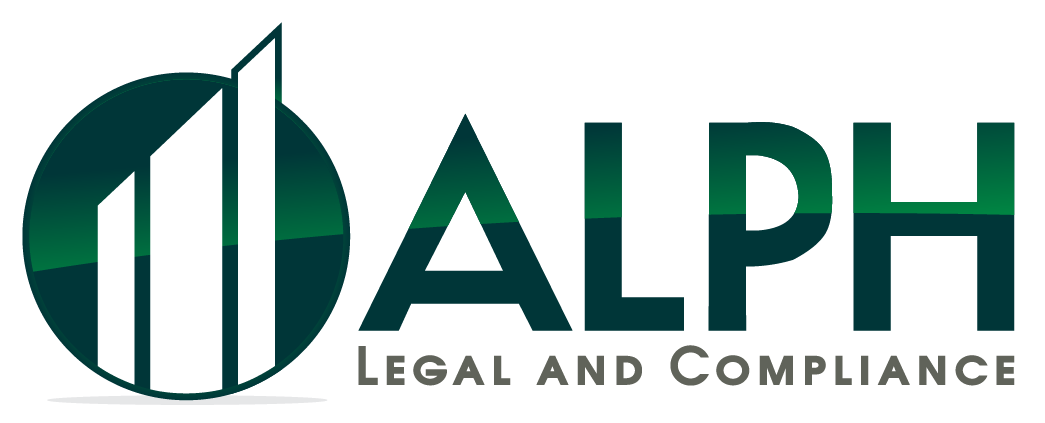FCA Tightens the Screws on Credit Firm Promotions
For credit brokers, lenders, and other consumer credit firms, financial promotions remain one of the highest-risk compliance areas. The FCA has emphasised that unclear, misleading, or non-compliant promotions can cause significant consumer harm, with enforcement action taken swiftly when standards are breached.
Regulatory Backdrop
The rules governing financial promotions are set out in CONC 3 and reinforced by the Consumer Duty, which requires firms to ensure communications support good outcomes. The FCA works closely with the Advertising Standards Authority (ASA) and the Competition and Markets Authority (CMA) to monitor compliance.
Recent FCA updates highlight several areas of concern:
- Digital channels: Social media, affiliate marketing, and comparison websites often fail to provide balanced risk information.
- Influencer marketing: Firms must ensure influencers understand regulatory requirements.
- BNPL promotions: Focus is on unregulated “buy-now-pay-later” schemes that may blur the line between regulated and exempt activity.
- Financial promotions gateway: Only authorised firms can approve promotions for unauthorised persons.
Key Risks for Credit Firms
- Headline rates without qualification – e.g., advertising “representative APRs” without explaining qualifying criteria.
- Misleading comparisons – claims such as “best rate” or “guaranteed acceptance” without proper evidence.
- Failure to identify the firm – every promotion must clearly state the responsible regulated entity.
- Omissions on risks and costs – particularly for high-cost credit or subprime products
Practical Steps for Firms
- Review all promotions for clarity and fairness.
- Maintain a promotions approval framework signed off by compliance.
- Audit third-party introducers and affiliates for compliance.
- Train staff and influencers on FCA requirements.
- Keep clear records for FCA scrutiny.
How ALPH Legal & Compliance Can Help
ALPH Legal & Compliance supports firms with:
- Independent audits of digital and traditional promotions.
- Policy development aligned with CONC 3 and Consumer Duty.
- Compliance oversight frameworks and approval processes.
- Staff and introducer training.
- Strategic reviews to align marketing objectives with regulatory expectations.
